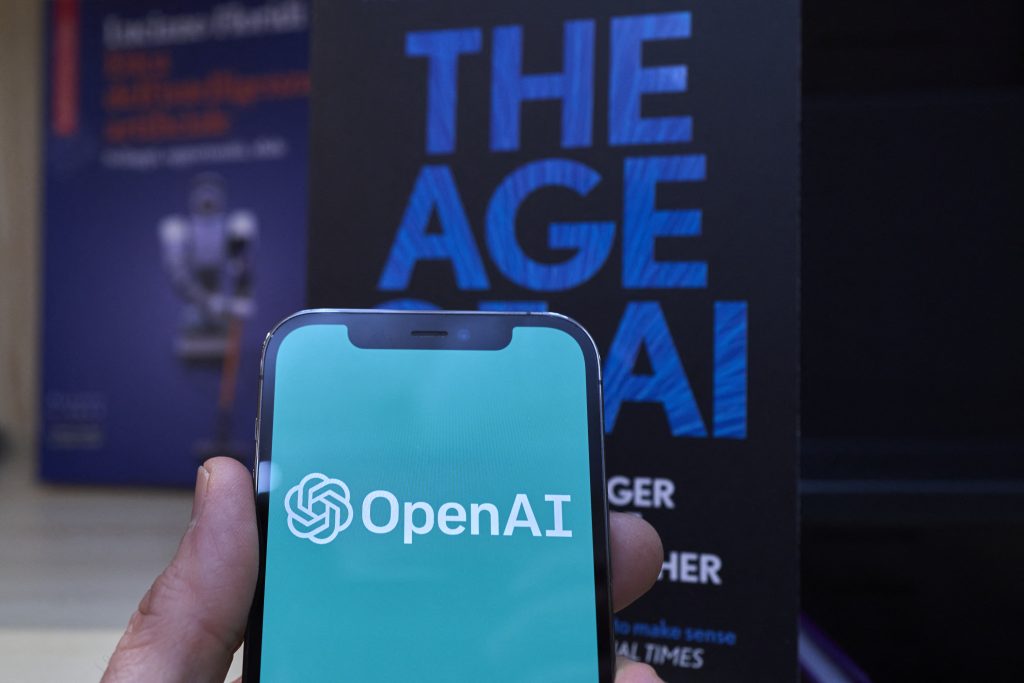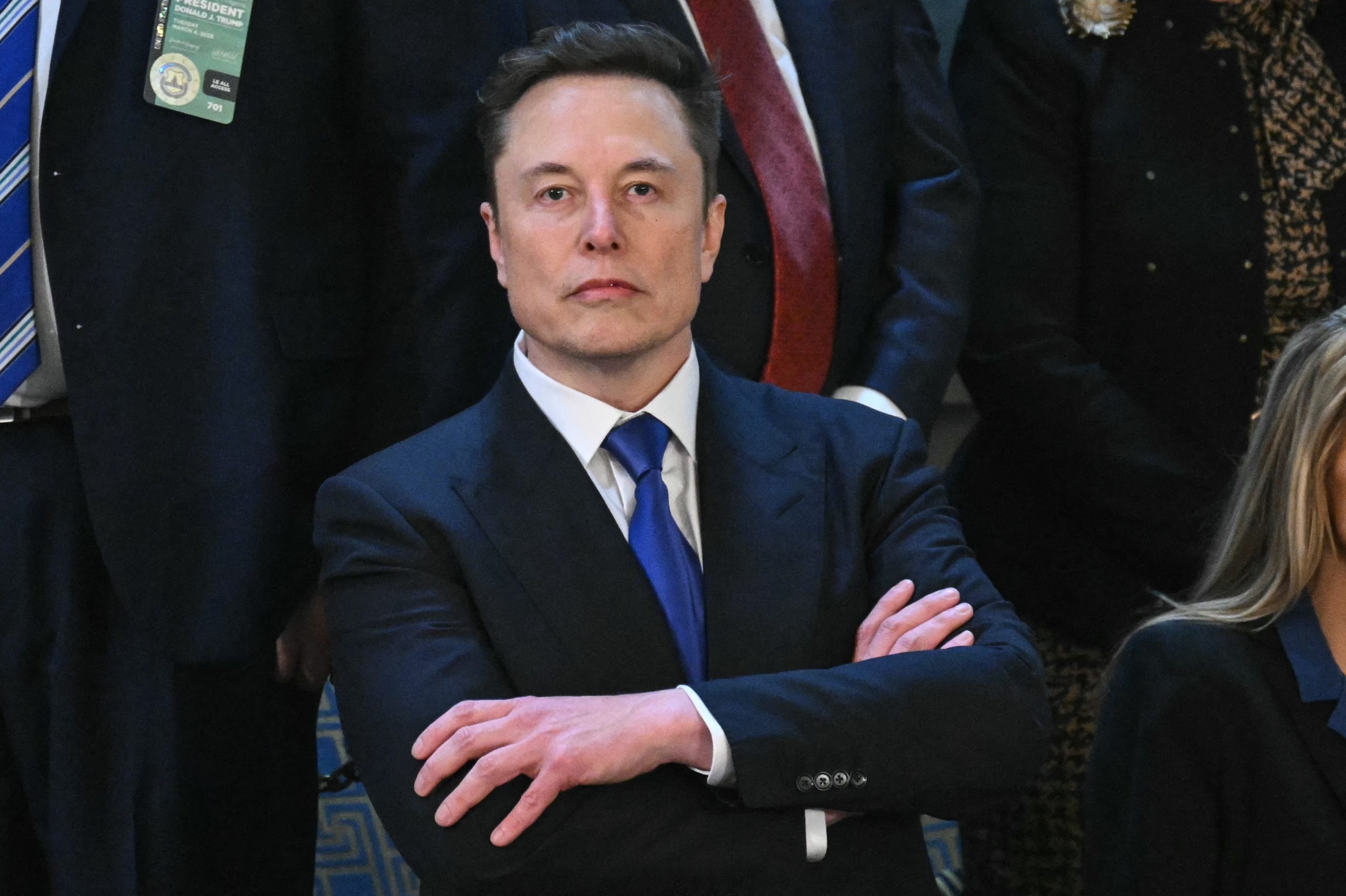US federal judge Yvonne Gonzalez Rogers has rejected Elon Musk’s request for an injunction that would have immediately halted OpenAI’s transition into a for-profit entity.
Musk filed for the injunction late last year after suing OpenAI and Microsoft, accusing them of discouraging investors from funding rival AI companies, such as his own, xAI.
According to the Financial Times, the judge dismissed his request based on the claim of anticompetitive behaviour. Gonzalez Rogers cited a previous statement by OpenAI CEO Sam Altman, noting that the company had only warned certain investors—those granted access to sensitive information—that their rights would be terminated if they made non-passive investments in competing companies.LL2

The judge also reportedly dismissed the request based on Musk’s assertion that OpenAI and Altman had breached their contract with him and violated the company’s founding mission of developing AI “for the benefit of humanity.
Musk, who co-founded OpenAI and provided funding in its early stages, claimed that Altman and fellow OpenAI co-founder Greg Brockman exploited his altruism to persuade him to finance the venture.
In a statement sent to Bloomberg, OpenAI argued that the lawsuit has “always been about competition.” The company further stated that “Elon’s own emails show that he wanted to merge a for-profit OpenAI into Tesla. That would have been beneficial for him personally, but not for [OpenAI’s] mission or US interests.”
Following Musk’s initial lawsuit against OpenAI last year, the company released old emails between Musk and other OpenAI figures. These messages revealed that Musk was not only aware of OpenAI’s transition to a for-profit model but had also sought majority equity, control over the initial board of directors, and the CEO position.
Another email from Musk suggested integrating OpenAI into Tesla. In February this year, Musk launched a bid to acquire OpenAI for $97.4 billion, but the company firmly rejected the offer.
Gonzalez Rogers has denied Musk’s injunction, she has expedited his lawsuit, with a trial set to take place later this year on the basis of public interest and concerns over the “potential for harm if a conversion contrary to law occurred.”


 Trending
Trending 
